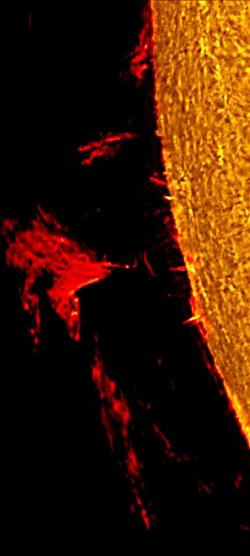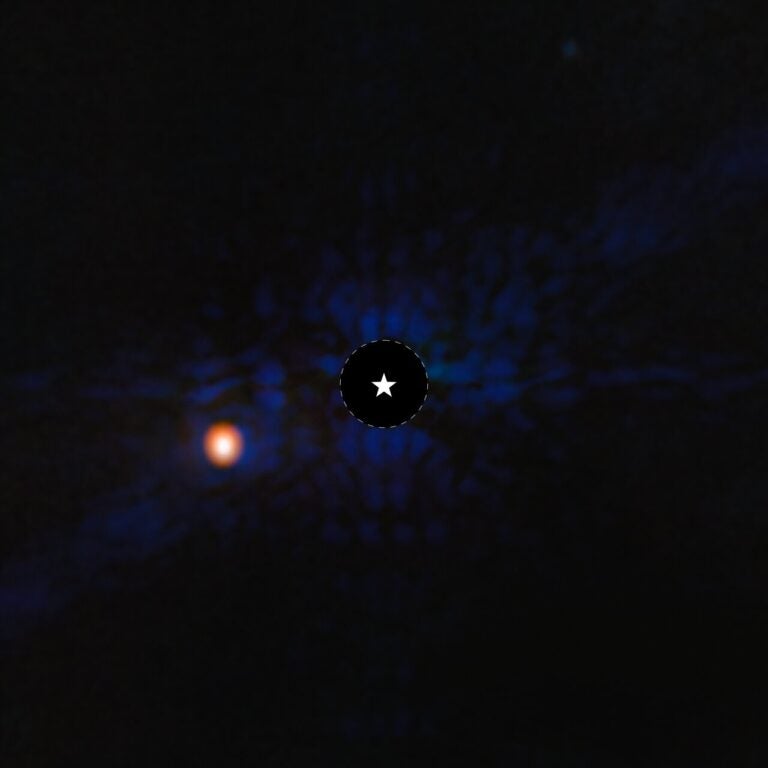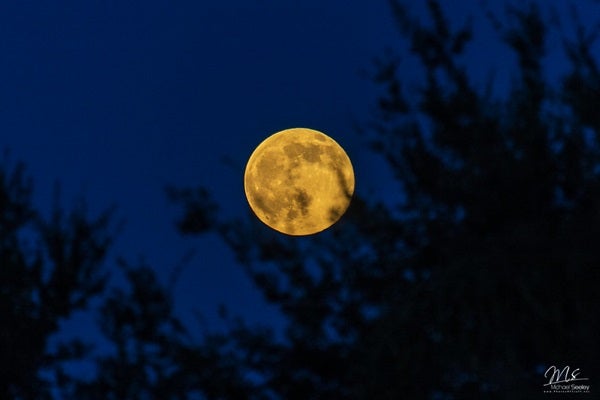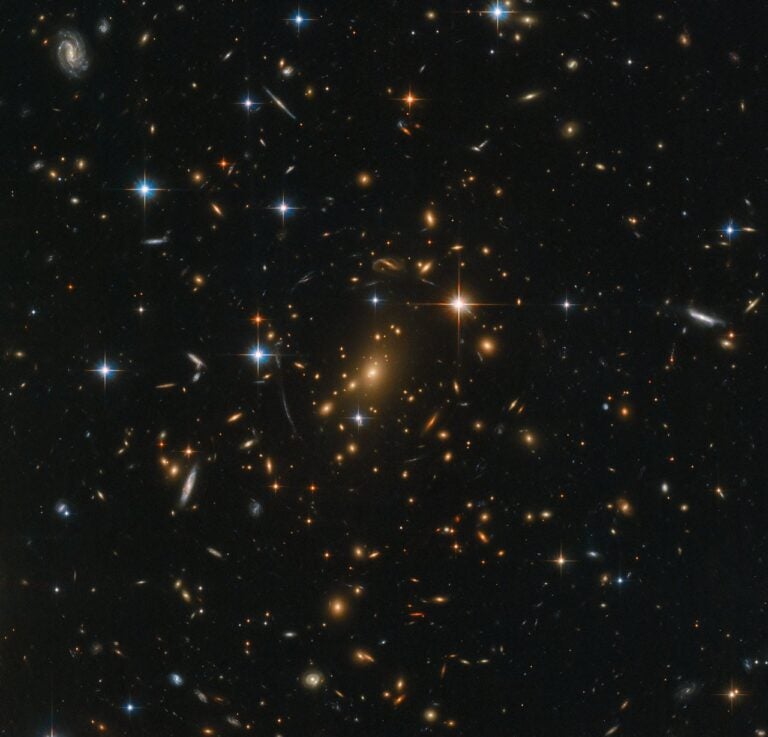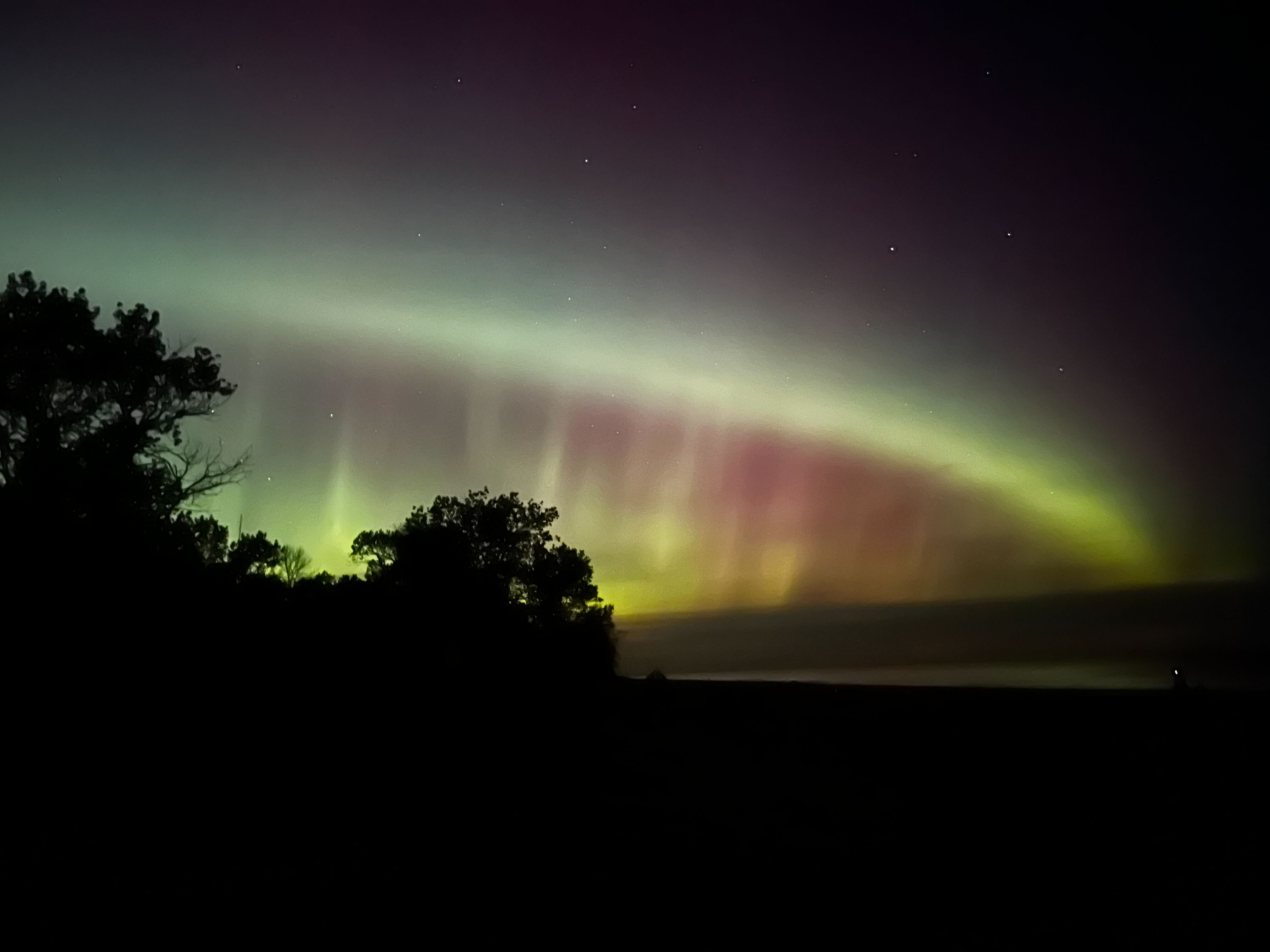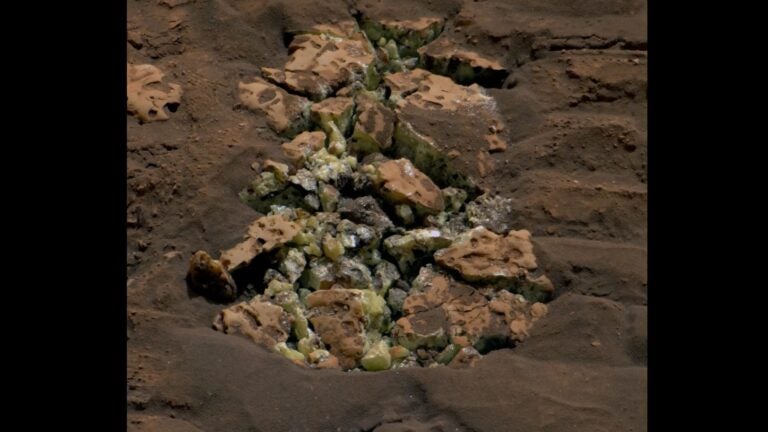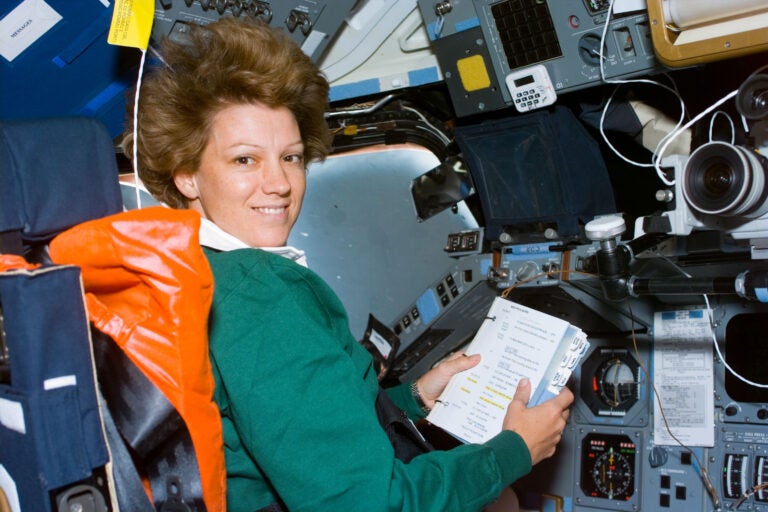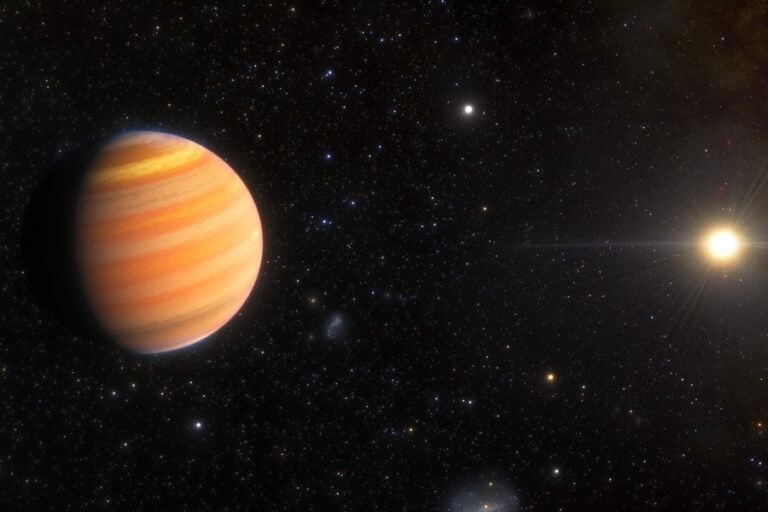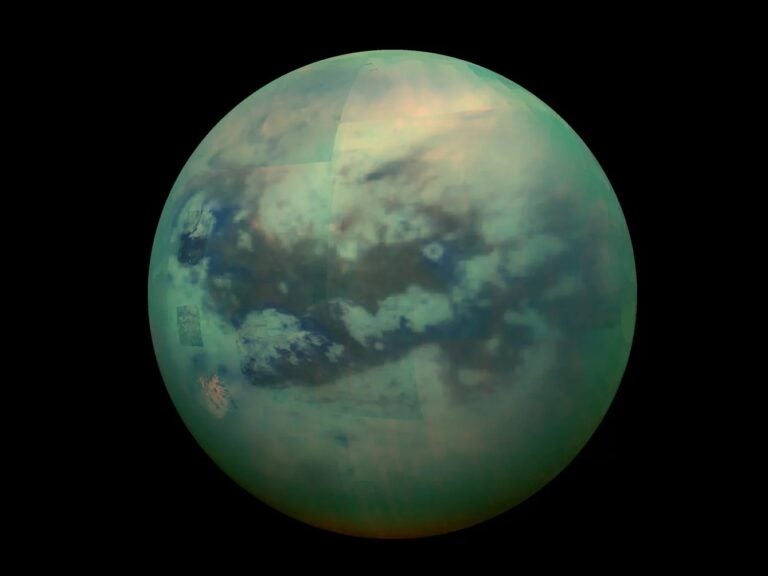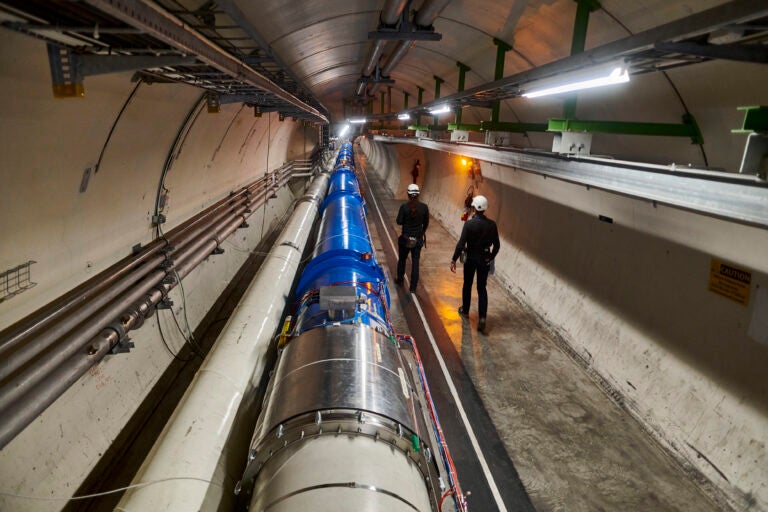The world’s leading telescope manufacturer has signed an agreement to acquire Coronado Technology Group, the world’s leading manufacturer and distributor of hydrogen-alpha solar telescopes and filters. The transaction is expected to close no later than November 30, 2004.
Meade Instruments is a name well known to amateur astronomers. Meade is the largest designer and manufacturer of telescopes, mounts, binoculars, eyepieces, and accessories. Coronado’s business dates from 1965, when David Lunt began developing filters and optical instruments for NASA and the professional astronomy market. In 1997, Lunt founded Coronado Instrument Group. In 2001, Lunt, along with Geraldine Hogan, formed Coronado Technology Group, LLC.
Brent Christensen, Meade’s CFO, told Astronomy the two companies had been talking only a few months before the deal was made. “That’s what you get when you have a motivated buyer and a motivated seller,” Christensen says.
Currently, Meade does not offer a product that allows amateur astronomers to observe the Sun. “Not only does the acquisition of Coronado take us into a market segment — solar observation — in which we do not participate,” says Steven G. Murdock, Meade’s president and CEO, “but it immediately establishes us as the segment leader with a line of products of unsurpassed quality and performance.”
“Unlike the deep-space objects that amateur astronomers are accustomed to viewing,” says Murdock, “the Sun presents a vibrant, ever-changing spectacle of prominences, filaments, sunspots, and flares. Coronado’s recently introduced the Personal Solar Telescope. This entry-level, hydrogen-alpha telescope retails for $499.00 and employs much of the technology found in Coronado’s more expensive MaxScopes, which sell for as much as $12,000.”
For a detailed review of Coronado’s Personal Solar Telescope, see the January 2005 issue of Astronomy magazine.

